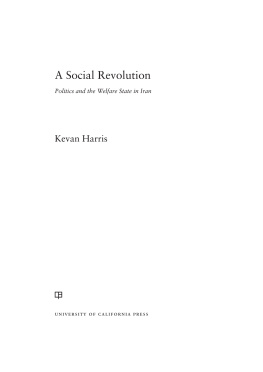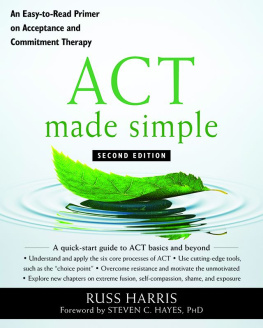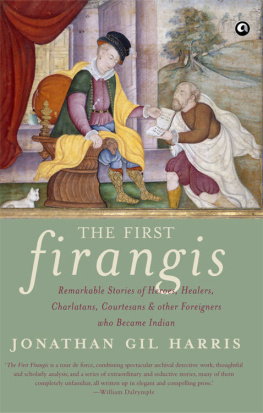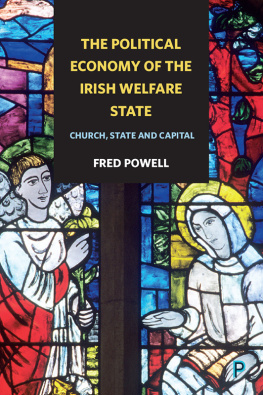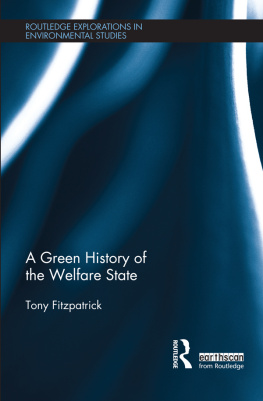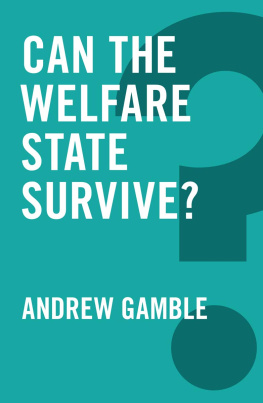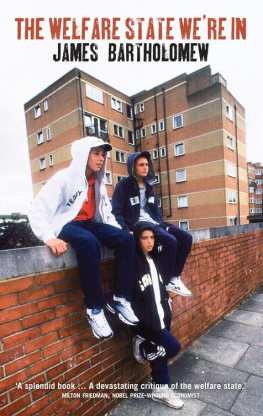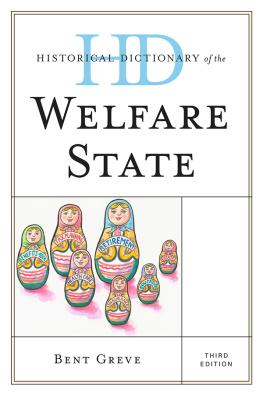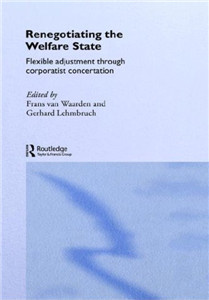Acknowledgments
This book argues that the politics of social policy and welfare organizations provides a lens through which to understand the surprising dynamics of social and political change in Iran since the 1979 revolution. This research project emerged from a simple observation. The Iran I experienced in person looked very different from the Iran I read about in journalism and scholarship. Given the dearth of secondary research on social policy in Iran, studying the postrevolutionary welfare state required a goose chase. But most fieldwork usually does, so here I wish to thank those who made the project intellectually and logistically possible.
An international dissertation fellowship from the Social Science Research Council, with funds provided by the Andrew Mellon Foundation, provided me with the opportunity for extended fieldwork. In fact, given the increasing layers of United Statesled sanctions on Iran between 2007 and 2015, it was perhaps the only opportunity available. A dissertation-writing fellowship from the U.S. Institute of Peace supported me as I waded through the large amount of primary data collected from archives, interviews, and Persian-language journals. My dissertation advisor and intellectual hero, Giovanni Arrighi, and his wife, Beverly Silver, were my guides during the initial stages of this project. Giovanni unfortunately passed away in 2009. He trained me to think like an historical sociologist, who can be contrarian, but only for good reason. At The Johns Hopkins University, Joel Andreas, Rina Agarwala, Waleed Hazbun, Marc Blyth, and Michael Hanchard were vital mentors. My thanks to graduate colleagues, who kept me motivated and inspired by their own fieldwork across the world: Astra Bonini, Lu Zhang, Dan Pasciuti, Sahan S. Karatal, efika Kumral, Felipe Filomeno, Phil Hough, Nicole Aschoff, Noora Lori, Amy Holmes, Lingli Huang, and Shaohua Zhan. Additional thanks go to Ben Scully and Liz Kading for solid friendship and gentle nudging.
As a postdoctoral fellow at Princeton University, I appreciably benefited from the erudition of Michael Cook, Muhammad Qasim Zaman, Bernard Haykel, Cyrus Schayegh, Mirjam Knkler, and Hossein Modarressi. Through them, I managed to learn a great deal about Islamic studies via osmosis in the Near Eastern Studies Department. Conversations and seminars with Princeton faculty were indispensable while I wrote this monograph. My gratitude goes to Stephen Kotkin, Mark Beissinger, Amaney Jamal, Edward Telles, Mitch Duneier, Miguel Centeno, Andreas Wimmer, Alejandro Portes, and John Haldon. Thanks to Reagan Maraghy, Rose Wellman, and Mona Rahmani for research assistance and comradeship at the Princeton Center for Iran and Persian Gulf Studies, where I learned the ins and outs of how universities work. Students and fellows at Princeton were a pleasure to teach and meet, and I ran some crazy ideas by many of them: Kevin Mazur, Daniel Tavana, Eric Lob, Cole Bunzel, Zach Foster, Lindsey Stephenson, David Weil, Dan Sheffield, Sadaf Jaffer, Elvire Corboz, and Christiana Parreira.
A full list of the scholars, journalists, researchers, and academics who assisted me during this project would be exceedingly long and run the risk of self-embarrassment. Among those Iranianists outside the country, special thanks go to Ervand Abrahamian, Eric Hooglund, Arang Keshavarzian, Greta Scharnweber, Norma Moruzzi, Kaveh Ehsani, Sad Arjomand, Touraj Atabaki, Maral Jefroudi, Farideh Farhi, Charles Kurzman, Ali Kadivar, Ahmad Ashraf, Djavad Salehi-Isfahani, Asef Bayat, Val Moghadam, John Foran, Dan Brumberg, Farhad Khosrokhavar, Afshin Matin-Asgari, and Behrooz Ghamari-Tabrizi. Inside Iran, I relied on the local knowledge and research acumen of Ali Saeidi, Ramin Karimian, Morad Saghafi, Kaveh Bayat, Fatemeh Sadeghi, Mohammad Maljoo, Parviz Sedaghat, Kamal Athari, Mostafa Azkia, Ahmad Meydari, Narges Barahoi, and countless students and professors in the universities of Tehran, Shiraz, Ahvaz, Tabriz, and Shahid Beheshti. Librarians and researchers substantially assisted me at the Majles Research Library, the Social Security Research Institute, the Planning and Budget Organization, the Imam Khomeini Relief Committee, and the Ministry of Welfare and Social Security. To hospitable people in Iran who helped me along the way, I am indebted. To inhospitable ones, all is forgiven.
When I was an early graduate student, the sociologist Erik Olin Wright told me that good scholarship is always collaborative, since it cannot be produced without wide-ranging intellectual exchange. To that end, I wish to thank some interlocutors: Peter Evans, Michael Burawoy, Patrick Heller, Ching Kwan Lee, Melani Cammett, Ishac Diwan, Vivek Chibber, Jeff Goodwin, David Harvey, Cihan Tual, Kiren Chaudhry, Robert Brenner, Perry Anderson, Immanuel Wallerstein, Ho-Fung Hung, Craig Calhoun, and Steven Heydemann.
Georgi Derluguian convinced me to become a sociologist. He also told me to give up my intentions of becoming a Latin Americanist and instead head to Iran. He also fed me a lot of skewered meat over the years. So I owe him quite a bit, and I hope that he sees a bit of himself in this book. Finally, my parents and sister gave me love and support over the years. Once I went to Iran, so did they on different occasions. This book is dedicated to them.

